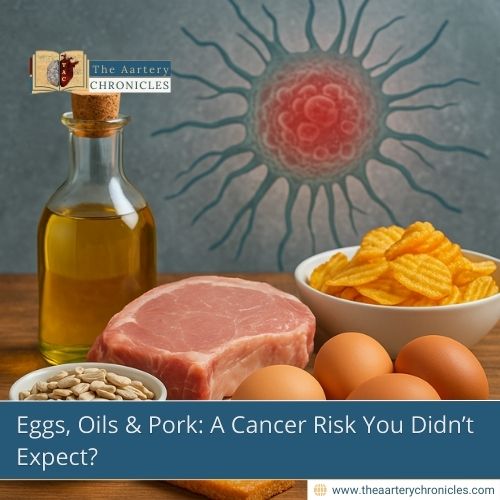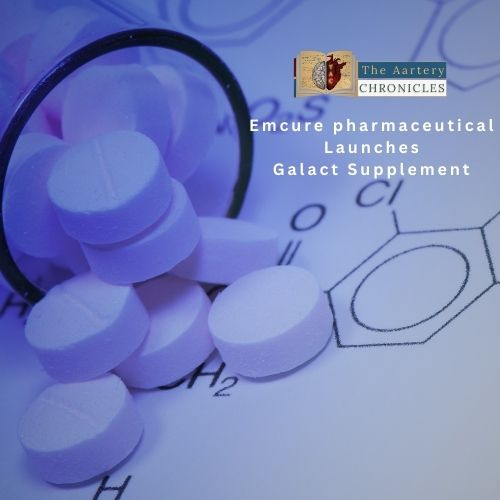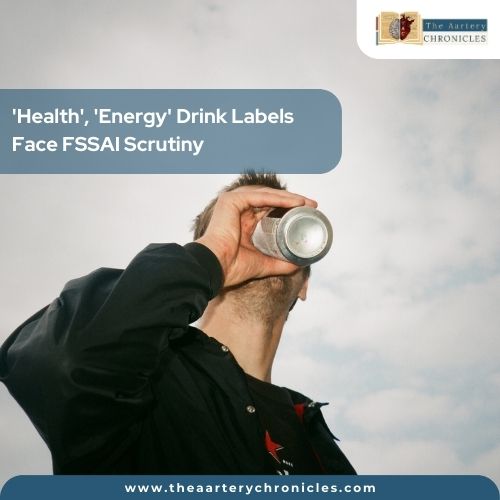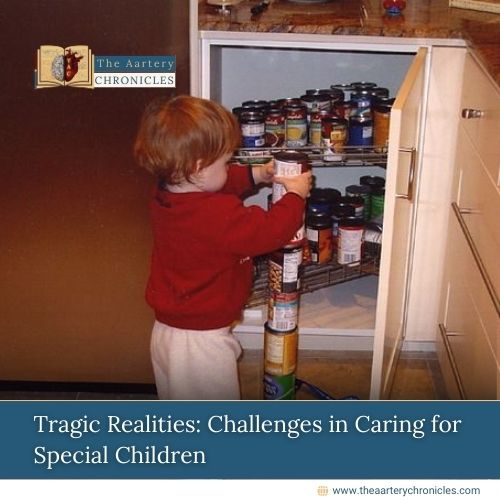

Eggs, Oils & Pork: A Cancer Risk You Didn’t Expect?
A recent study published in the journal Science has revealed a potential link between a type of fat commonly found in eggs, seed oils, and certain animal products—and the growth of a specific and aggressive type of breast cancer.
Study Findings
All cells—including cancer cells—respond to the nutrients available in their environment. A key system that controls this response is the mTORC1 signaling pathway. It acts like a sensor that tells cells when to grow based on the nutrients present.
In cancer, this system can become overactive, causing uncontrolled cell growth. While previous studies have mainly examined how sugar and protein affect mTORC1, this new research shows that certain fats—specifically linoleic acid—can also play a significant role.
Understanding the Role of Nutrients in Cancer Growth
All cells including cancer cells respond to the nutrients available in their environment. A key system that controls this response is the mTORC1 signaling pathway. It acts like a sensor that tells cells when to grow based on the nutrients present.
In cancer, this system can become overactive, causing uncontrolled cell growth. While previous studies have mainly examined how sugar and protein affect mTORC1, this new research shows that certain fats specifically linoleic acid—can also play a significant role.
Why Triple-Negative Breast Cancer Matters
Triple-negative breast cancer is a particularly aggressive and hard-to-treat type of cancer. It lacks the three main hormone receptors (estrogen, progesterone, and HER2) that are typically targeted in breast cancer treatments.
The study found that only this cancer subtype responds strongly to linoleic acid, which seems to \”feed\” tumor growth through a specific process.
The Role of FABP5: A Fat Transport Protein
A protein called FABP5 helps transport fatty acids like linoleic acid within cells. The study discovered that triple-negative cancer cells produce high levels of this protein.
When linoleic acid enters the body, it binds to FABP5 in these cells, triggering a reaction that activates the mTORC1 pathway. This activation leads to faster tumor growth.
Expert Insights on the Findings
“This research clearly shows how linoleic acid fuels cancer growth in a very specific way,” said Dr. John Blenis, senior author of the study and Professor of Cancer Research at Weill Cornell Medicine. “It helps us understand how dietary fats can influence cancer and may lead to more personalized nutrition recommendations for patients.”
What This Means for Your Diet
Linoleic acid is the most commonly consumed unsaturated fat in many parts of the world. It’s found in:
- Seed oils used for cooking and frying
- Processed foods
- Soybeans
- Animal products like pork and eggs
Its consumption has risen significantly since the 1950s, along with the rise in processed food consumption.
While past studies have shown mixed results when linking omega-6 fats to cancer, this new study offers a clear biological explanation for how linoleic acid can impact a specific form of breast cancer.
Conclusion
This research doesn\’t claim that eggs or seed oils directly cause cancer in everyone. Instead, it highlights a specific risk for individuals with triple-negative breast cancer. It also underscores the importance of understanding how our diet can affect cancer at a molecular level.
More research is needed, but these findings may pave the way for targeted dietary guidelines, especially for those at higher risk or already diagnosed with certain cancer types.
Source: Inputs from various media Sources

Priya Bairagi
Reviewed by Dr Aarti Nehra (MBBS, MMST)
I’m a pharmacist with a strong background in health sciences. I hold a BSc from Delhi University and a pharmacy degree from PDM University. I write articles and daily health news while interviewing doctors to bring you the latest insights. In my free time, you’ll find me at the gym or lost in a sci-fi novel.








